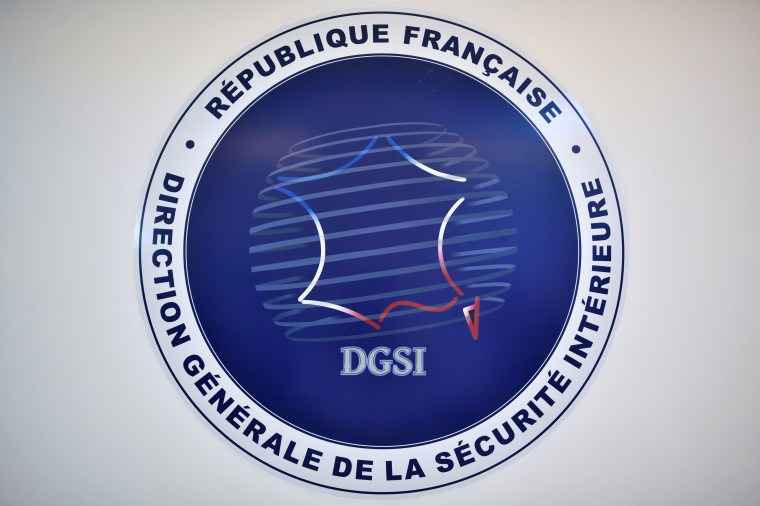Berlin, December 12, 2022 — The General Directorate for Internal Security, France’s domestic intelligence agency, should immediately withdraw summonses issued to journalists Benoît Collombat, Jacques Monin, and Geoffrey Livolsi, and refrain from questioning members of the press over their work, the Committee to Protect Journalists said Monday.
On December 7, the agency issued summonses for Collombat, an investigative reporter for French public broadcaster Radio France; Monin, head of investigations at Radio France; and Livolsi, a reporter at the investigative news website Disclose, to appear for questioning on Wednesday, December 14, according to their employers, news reports, and Monin and Livolsi, who communicated with CPJ via email.
The summonses stem from an investigation, opened in 2021, over the leak of military information relating to 2018 reporting by Disclose and Radio France about a criminal investigation into alleged influence peddling and favoritism in the French military, according to those reports.
“France’s General Directorate for Internal Security must immediately withdraw its summonses issued to investigative journalists Benoît Collombat, Jacques Monin, and Geoffrey Livolsi,” said Attila Mong, CPJ’s Europe representative, in Berlin. “Journalists must be able to protect their confidential sources and freely report on national defense and security. This questioning will put them under unnecessary pressure and could have a chilling effect on defense reporting.”
Livolsi told CPJ that he planned to attend the questioning accompanied by his layer. Monin said that he and Collombat would also attend, but declined to give any further comment before the questioning.
The leak investigation is being carried out under a section of the French criminal code that bars disclosing information that could identify a member of a special forces unit; conviction can carry prison terms of up to five years and fines of up to 75,000 euros (US$79,000).
The General Directorate for Internal Security previously summoned Collombat and Livolsi in 2019 in a separate leak investigation relating to their coverage of alleged corruption in the military, as CPJ documented at the time.
“These repeated summonses are intended to deliberately intimidate journalists carrying out investigations,” Livolsi told CPJ.
After the publication of this article, the French Ministry of the Armed Forces’ media department emailed a statement to CPJ saying that, while the ministry could not comment on an ongoing investigation, the law barred anyone from releasing the “identity of soldiers belonging to certain units.”
“Revealing their identity constitutes a criminal offense and jeopardizes operations for the benefit of the safety of our fellow citizens,” the statement said.
CPJ emailed the French the Interior Ministry, which oversees the intelligence agency; and the Financial Prosecutor’s Office, which conducted the 2018 investigation into the military, did not immediately receive any replies. Le Monde reported that authorities have not commented on whether the investigation into alleged influence peddling is still ongoing.
[Editors’ note: This article has been updated to include a response from the French Ministry of the Armed Forces.]
